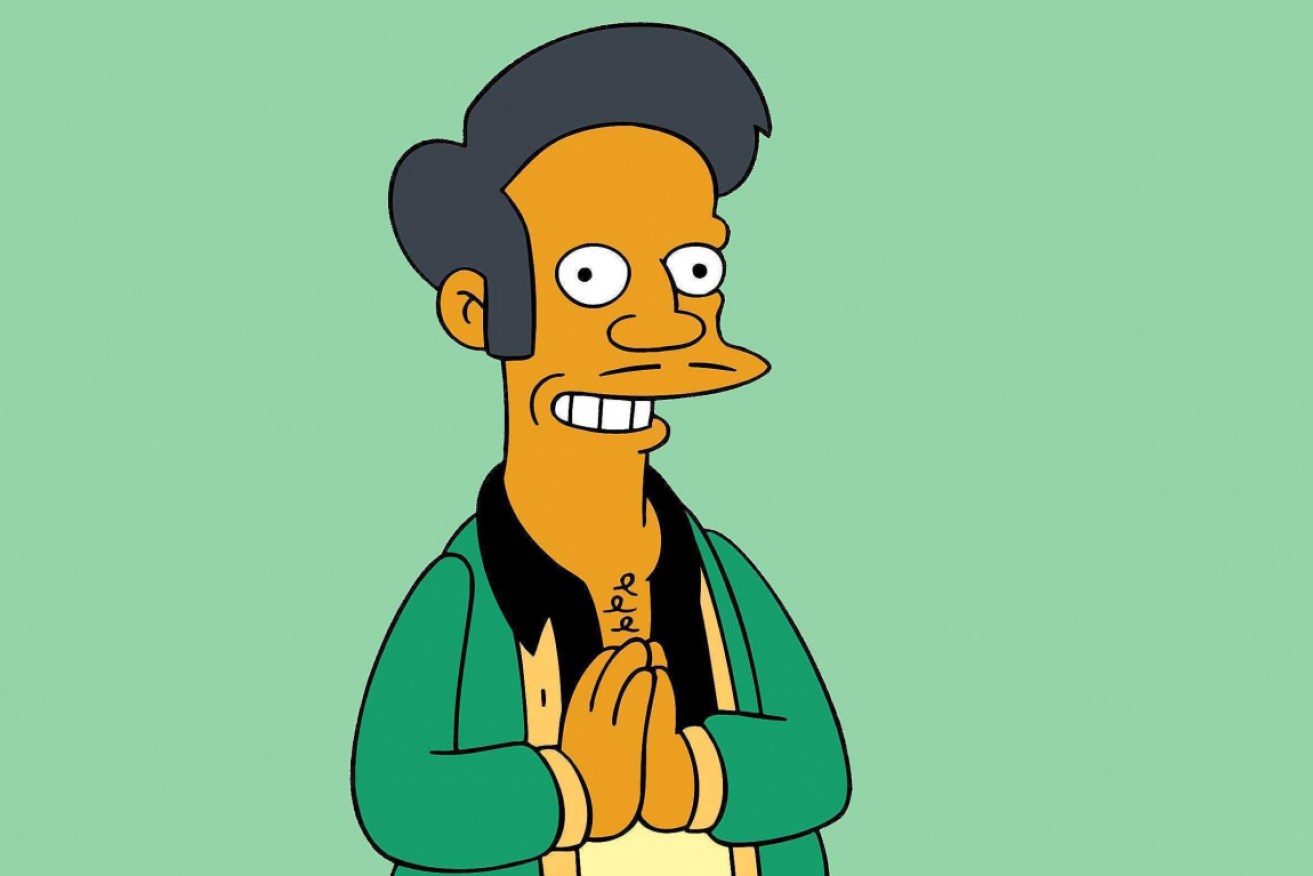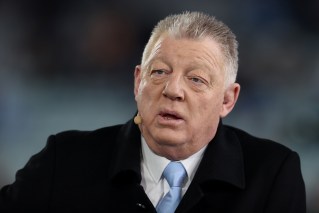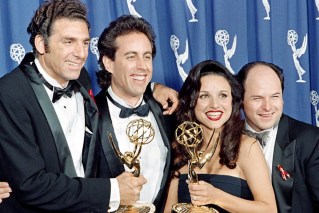Hank Azaria will no longer voice The Simpsons’ Apu


Hank Azaria will no longer voice the character of Apu on The Simpsons after long-running complaints from those of South Asian descent.
Hank Azaria has announced that he will no longer be providing the voice of Apu in The Simpsons, but has suggested the character might live on with a new actor.
“I won’t be doing the voice anymore, unless there’s someway to transition it or something,” Azaria has said in an interview with SlashFilm.
Hank Azaria has mutually agreed with ‘The Simpsons’ to stop voicing Apu — ‘I won’t be doing the voice anymore, unless there’s someway to transition it … We all feel like it’s the right thing’
(via @slashfilm | https://t.co/QQkK9PTJWe) pic.twitter.com/LOmEyjjltY
— Fandom (@getFANDOM) January 17, 2020
“What they’re going to do with the character is their call. It’s up to them and they haven’t sorted it out yet. All we’ve agreed on is I won’t do the voice anymore.”
The character of Apu Nahasapeemapetilon had grown increasingly problematic for Azaria, drawing accusations of racism and stereotyping for its exaggerated accent and mannerisms.
The release of comedian Hari Kondabolu’s 2017 documentary The Problem with Apu only served to intensify the debate. The film explored how people of South Asian descent felt about the portrayal about the Indian Kwik-E-Mart owner and the impact it had on them.
The Simpsons addressed the controversy in a 2018 episode, in which Lisa says “something that started decades ago and was applauded and inoffensive is now politically incorrect. What can you do?”
She then looks over at a framed picture of Apu, which has the line “Don’t have a cow!” written on it.
Series creator Matt Groening discussed the issue in an interview in which he said “I’m proud of what we do on the show. And I think it’s a time in our culture where people love to pretend they’re offended”.
Following the documentary’s release, Azaria said he would be willing to stop playing the character.

Hank Azaria has voiced the character for three decades. Photo: AP
“I think the most important thing is to listen to Indian people and their experience with it,” he said at the time. “I really want to see Indian, South Asian writers in the writers room … including how (Apu) is voiced or not voiced. I’m perfectly willing to step aside. It just feels like the right thing to do to me.”
“The idea that anyone young or old, past or present, being bullied based on Apu really makes me sad,” he continued.
“It certainly was not my intention. I wanted to bring joy and laughter to people.”
-with AAP








